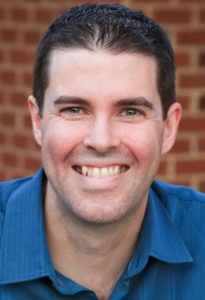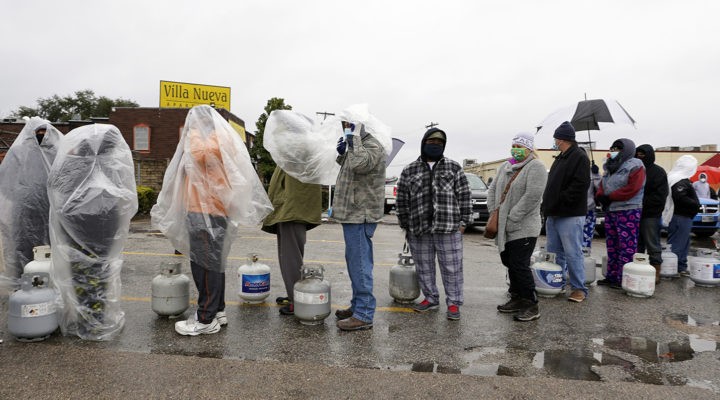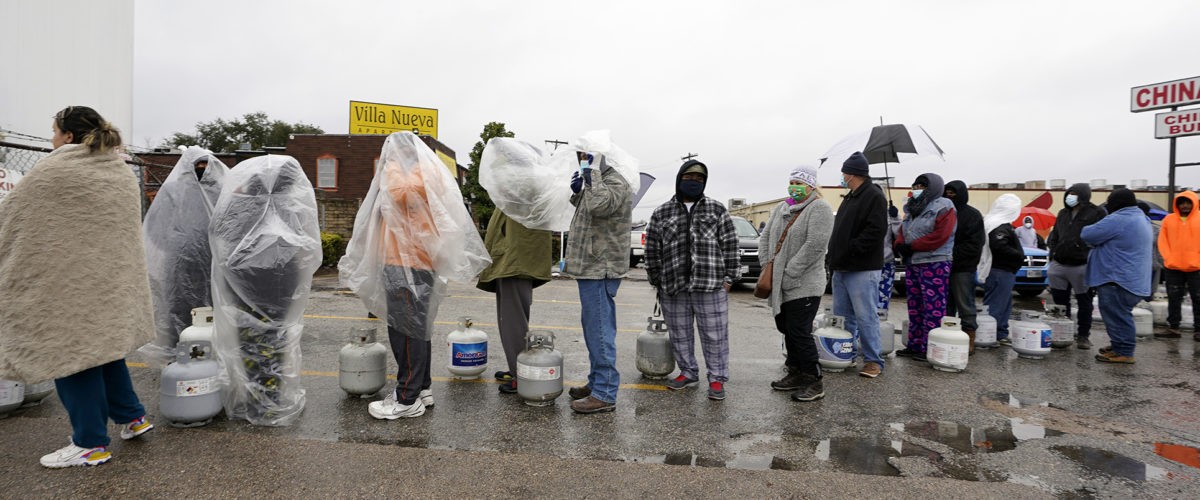As a record-breaking wave of arctic weather sweeps across the nation, the biggest energy producing state, Texas, is crippled. The state’s leaders are quick to point fingers at green energy alternatives like wind and solar, claiming such sources of power cannot be used in cold-temperature weather. Coal and oil are the answer, we are told.
These arguments against green energy, however, bely the fact that for nearly 50 years, Texas has resisted mandating the winterization of power grid infrastructure. In an interview with the ABC News affiliate in Austin, David Tuttle of the Energy Institute at the University of Texas stated: “It would be millions to really bulletproof the system for that. How much do we want to pay to go protect ourselves with insurance policies for rare events?”

Jonathan Davis
For a state where oil and gas alone contribute an estimated $502.6 billion to the economy and generate annually upward of $16 billion in tax revenue, mere millions to pay for winterization of equipment seems like a penance.
ABC news in Austin also reports that “winterizing equipment — making sure it can sustain extended periods of below-freezing temperatures — has never been a requirement in Texas like other states.” While Texans are, in many cases, going without power for days on end, the ironically named Electric Reliability Council of Texas (ERCOT) announced across the board rate hikes because energy supply was low due to plant offloads and power failures.
This is not only an economic issue; it is, like all economic issues, a justice issue.
While the oil industry is lining its pockets and state officials are ensuring strong revenues, people are freezing — many struggling without power for oxygen tanks, CPAP machines and other medical devices. With lives on the line, finger pointing has ensued. The legislators blame the power companies, and the power companies blame the regulators.
It seems one thing that coal and oil companies and state legislators in Texas can currently agree on is throwing wind and solar energy under the bus. Even the editorial board of the Wall Street Journal has now stated that green energy is “more of an existential threat to America than climate change.” This is preposterous.
Texas has elected not to connect its own power grid to other states (the only state in the lower 48 to do so), and cannot import power. Since the 1970s, and especially in the eight years of the Obama era, Texas politicians have touted that Texas would become “energy independent” as a way to avoid federal regulations — like the winterization of equipment. Conservative hubris and posturing led to this failure, not wind turbines.
“People of faith should encourage their legislators to pass laws that protect the most vulnerable among us.”
So what does any of this have to do with the church? Our Scriptural mandate to love our neighbor calls us to consider the needs of other people, especially the poor. As Sally McFague writes in Blessed Are the Consumers: Climate Change and the Practice of Restraint, “as we do these things, a narrative emerges in which words like restraint, sharing, limits, boundaries are central, and words like limitless, expansion, growth, development, which have ruled our personal, political and market lives for centuries, move to the margins.”
It seems apparent that spending mere millions on the winterization of equipment is a drop in the bucket compared to hundreds of billions in energy revenues. People of faith should encourage their legislators to pass laws that protect the most vulnerable among us.
One thing that makes this a challenge, however, is that many people of faith still deny that climate change is real. In the last few days, my Facebook feed has filled with people making jokes about global warming. What they fail to realize is that climate change leads to weather extremes in all seasons. Despite clear scientific evidence, many Christians appear to be in total denial of reality.
The issue is highly politicized, and to some, global warming and environmentalism seem like left wing political agendas. Change of any kind does not come without political will. Part of the hesitancy of many to embrace environmentally friendly practices stems from political leanings, but hesitancy also stems from a deep-seated distrust of the academy. If the same scientists who believe in evolution believe in global warming, the biblical literalist wants nothing to do with it.
“Many people in our churches will have a difficult time considering theology in terms of environmentalism because of their politics or because of their suspicion of science.”
A study in the American Sociological Review even found that “the religious right and transnational corporations, … each have vested interests in scientific outcomes,” and both act as major players in the distrust some people have in science. Any plan for bringing environmental ethics into the local church needs to acknowledge these hurdles and find ways to depoliticize them. Pastors should be aware that trust in science has not declined since the 1970s except among conservatives and those who frequently attend church.
This piece of knowledge deserves careful consideration because many churches are full of political and theological conservatives, and all healthy churches have frequent attendees who are both — even on Zoom. Many people in our churches will have a difficult time considering theology in terms of environmentalism because of their politics or because of their suspicion of science. That is the “inconvenient truth” of environmental ethics in the local church.
Legislators and regulators in Texas should carefully consider making winter weatherization of equipment mandatory for all energy companies (both green and fossil fuel). Not only is this a science-based approach that prepares Texas to deal with climate change, but it also is a way for us to love our neighbor through public policy.
Jonathan Davis is cofounder of the Healthy Churches Institute and founder of the Small-Town Churches Network, helping rural churches thrive in the midst of 21st century change. He provides coaching for individuals and organizations around leadership and vision issues and helps organizations dream about what it means to flourish in the new cultural paradigm.


